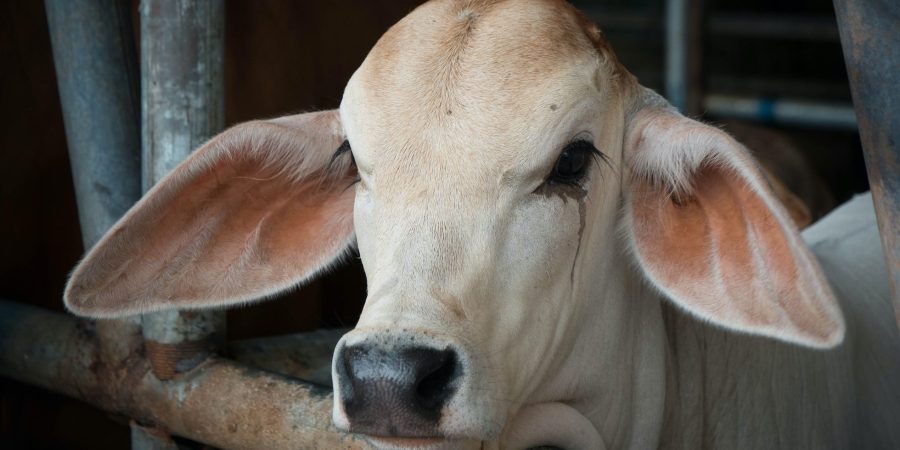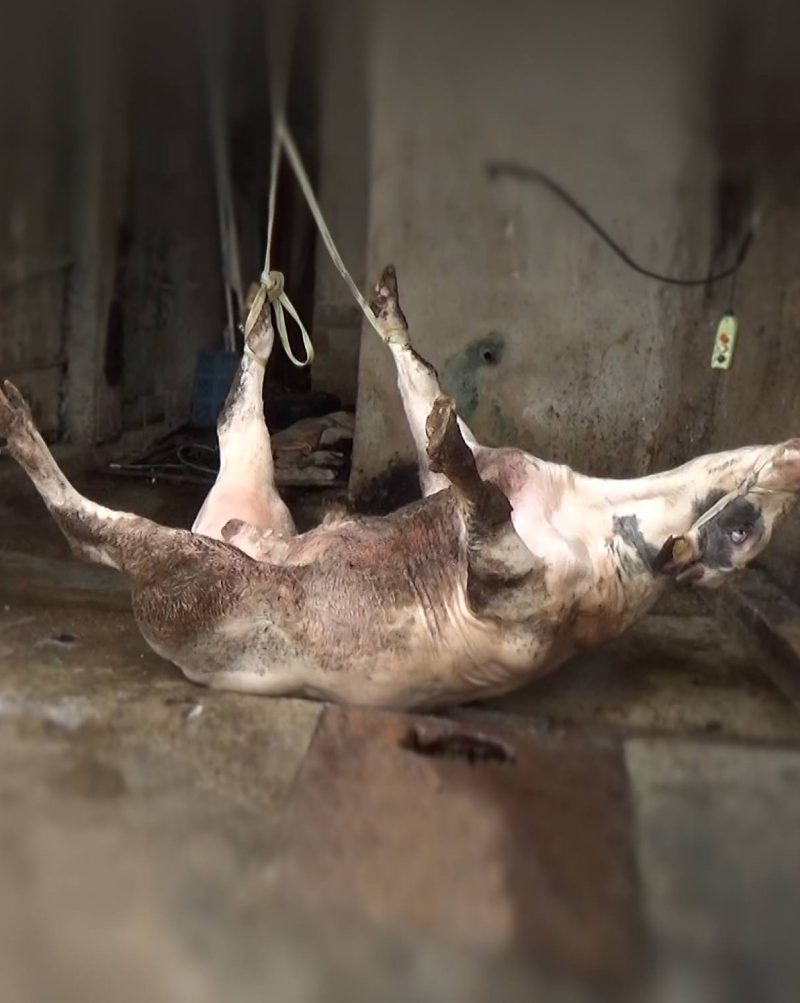
When did it become okay to treat animals like this?
Take action now
Tens of thousands of people are are defying the death ships. You can create a kinder world with one click.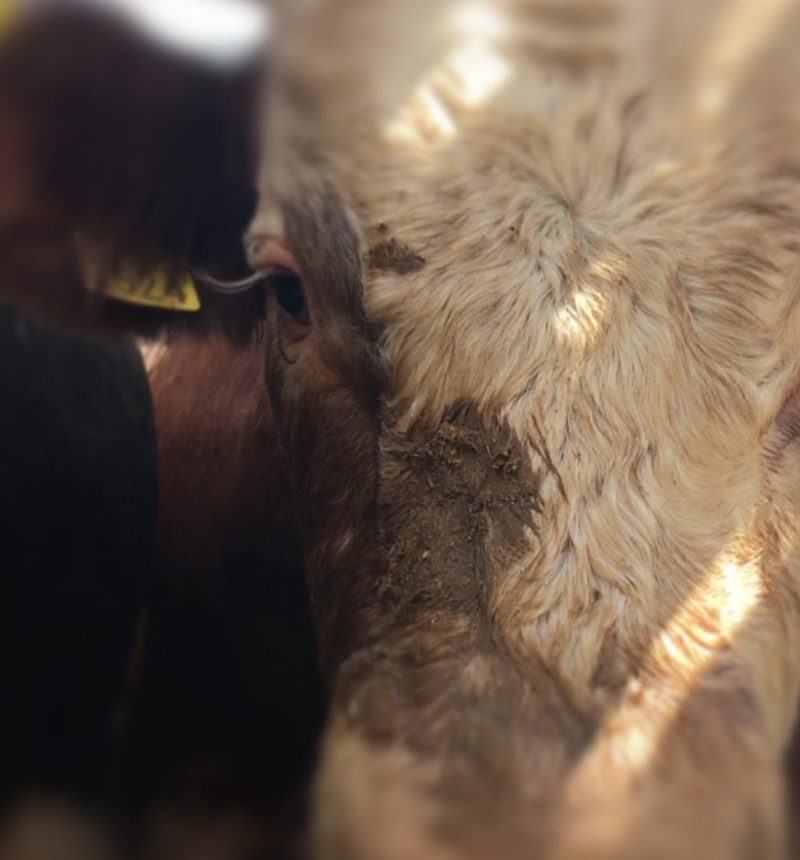
Wealthy companies are using live animals to transport ‘meat’ in living beings…
A live animal is not a sack of potatoes. He breathes. He thinks. He can suffer. But to the live animal export trade his suffering is just a cost of doing business. Every day, right across the world, vulnerable animals are enduring dangerous journeys on trucks and on ships, just to be killed for their meat — often horrifically — at their destination.
Animals International’s investigations have revealed a global animal welfare crisis that requires a global response.
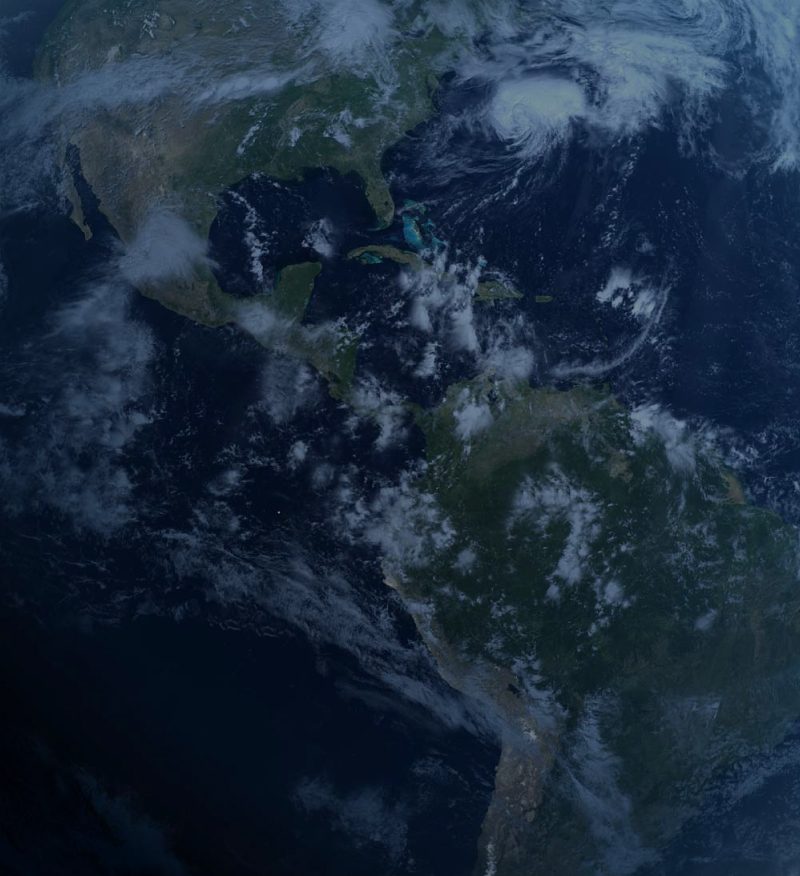
Animals are shipped across the world, like cargo.
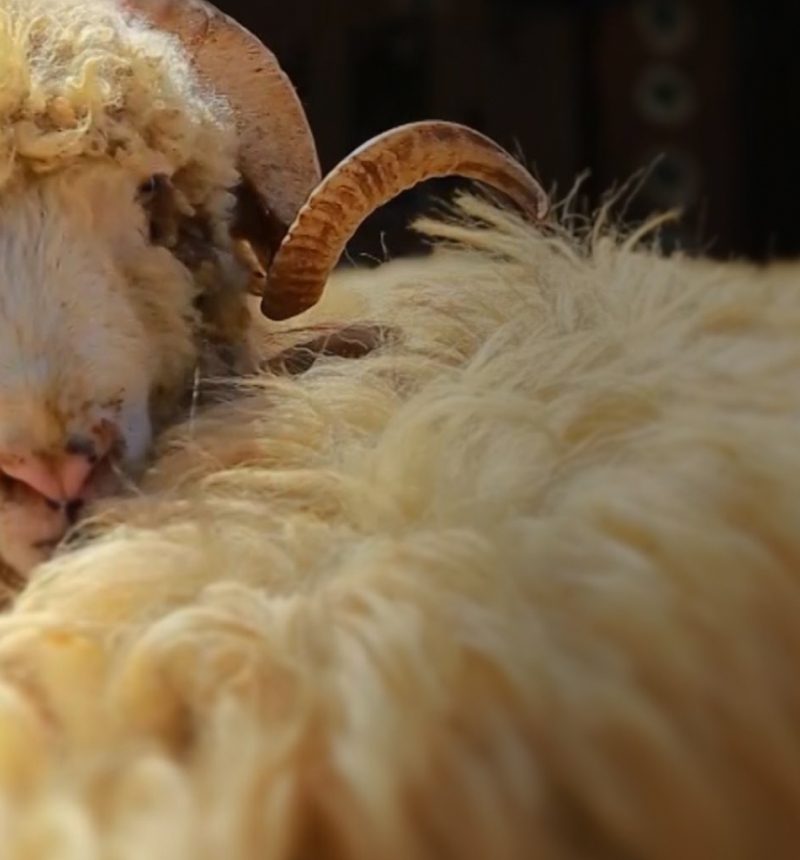
Millions have died on these death journeys.
By sea or by road, transport is unavoidably stressful and dangerous for animals. Lengthy voyages can be a death sentence. Sheep risk a slow death from starvation, illness and injury. After weeks on ships, cows can emerge caked in so much excrement that they are barely recognisable. In some parts of the world it’s not unusual for the bodies of discarded, dead animals to wash up on local beaches.
Tragically, the only thing worse than these journeys for animals, is what will happen to them at their destination. Click here to see what animals on live export ships endure.
Those who survive can face this:
Panicked by unfamiliar sounds and smells, he had a bag placed over his head then with a chain around his leg, he was hung upside down to have his throat cut.
Such cruel methods of slaughter are common in regions that have no animal protection laws in place.
By supplying animals into this trade, regardless of how they were being treated, the live export industry has set an appalling example globally as to the appropriate treatment of animals.
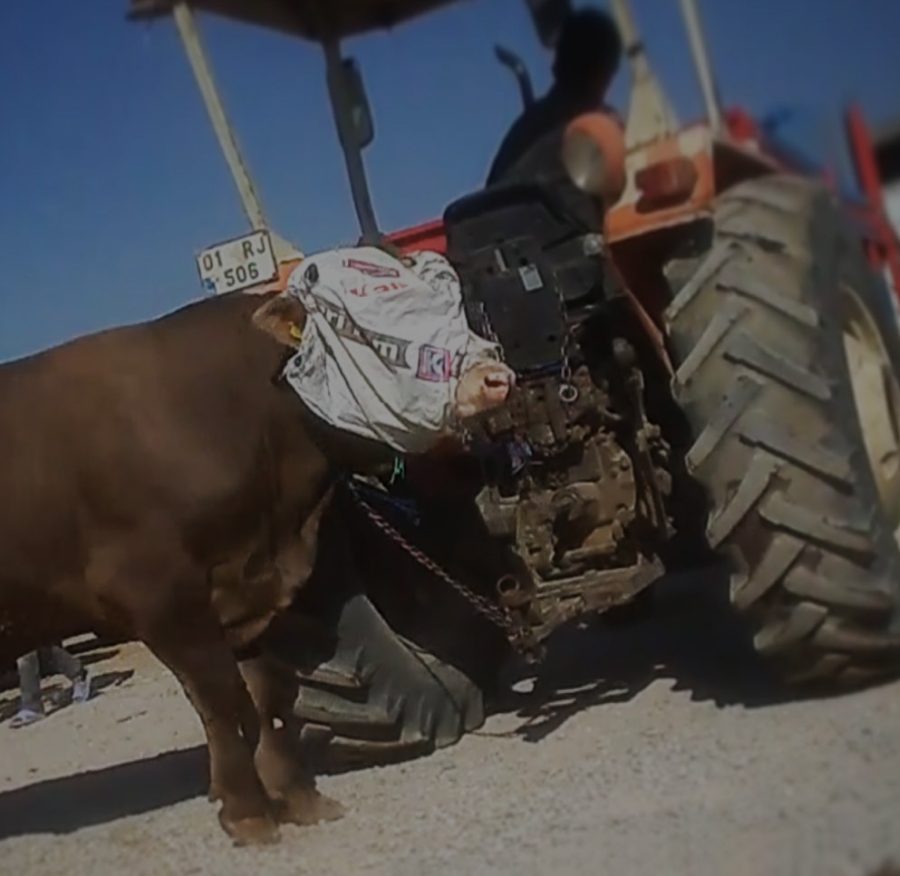
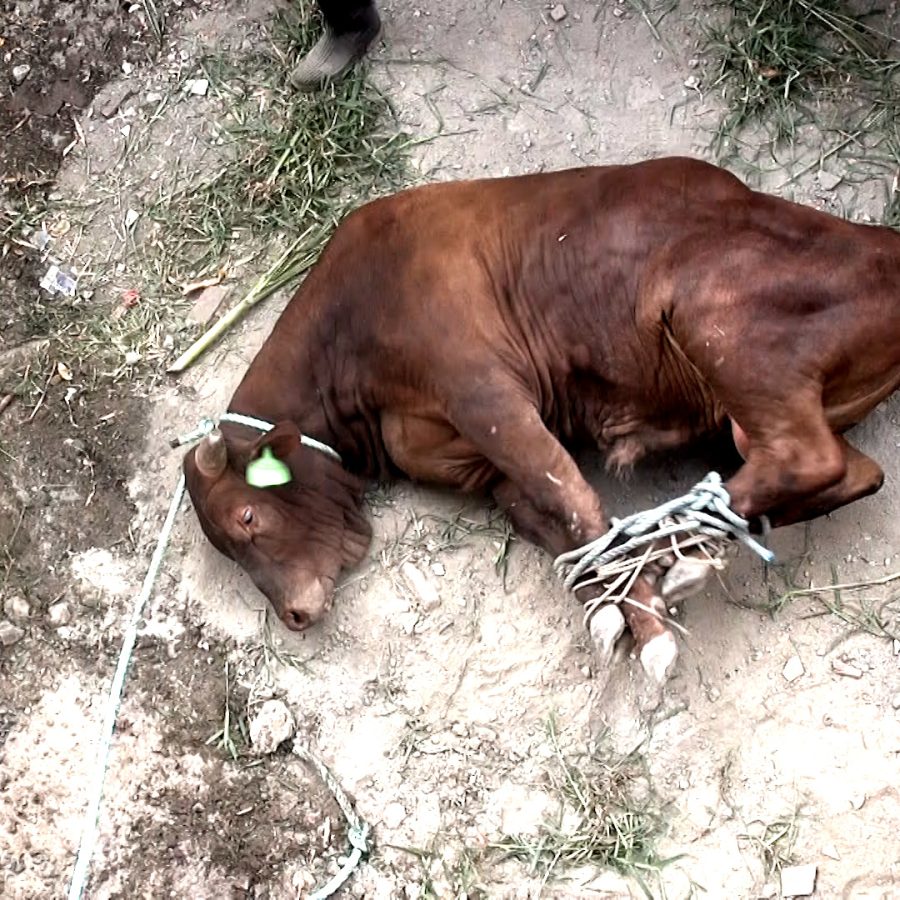
Our investigators have witnessed frightened animals being tied up and pulled to the ground to have their throats cut. We have also documented disoriented, terrified animals having their eyes stabbed and tendons slashed prior to slaughter.
Such horrific scenes are common ‘disabling’ techniques in places where slaughter workers struggle with large, frightened animals. Live export companies send them anyway.
Sheep are often called the ‘silent’ victims of live export. Though they rarely cry out, their pain and suffering as their throats are cut is as profound and distressing as it is for any other animal.
While many exporting nations require sheep and cattle to undergo pre-slaughter stunning in their own countries – a practice that at least minimises suffering – this is a small mercy denied to animals sold into the live export trade.
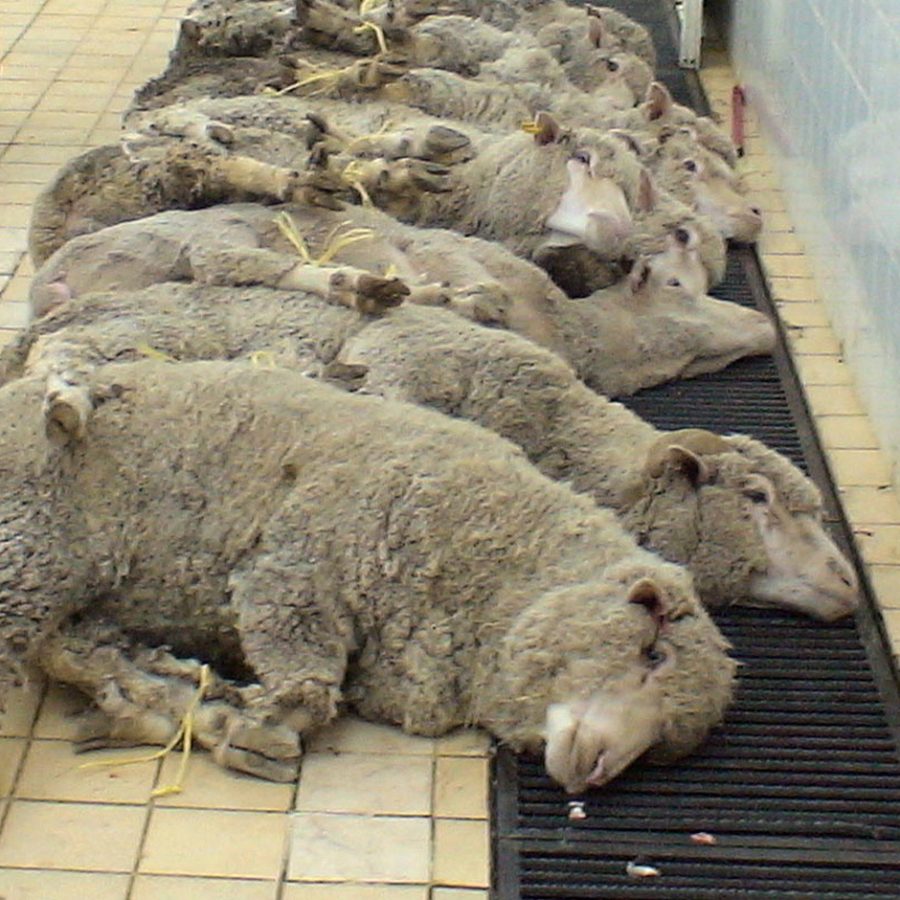
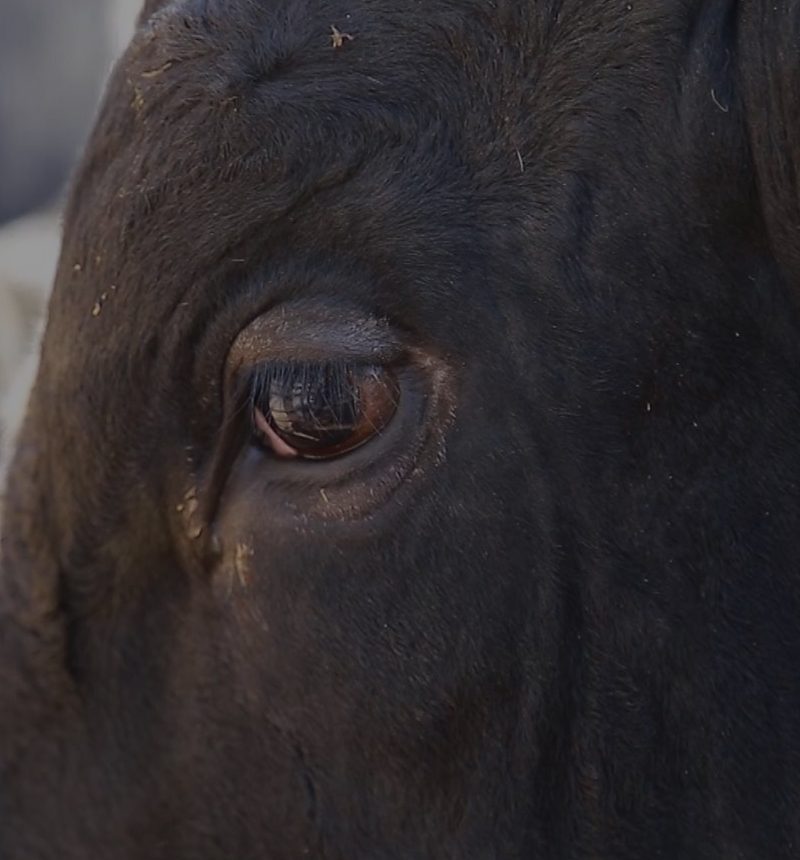
By pushing animals into new countries, the industry aims to get people to eat more meat…
... at a time when health experts are urging people to eat less meat.
And it’s not just health experts. The United Nations has called for “a substantial worldwide diet change, away from animal products” in order to avoid global environmental devastation. But rich live export companies are pushing for the exact opposite — while subjecting animals to extreme cruelty.
No amount of profit can justify this.
Sign the petition to end live export.
